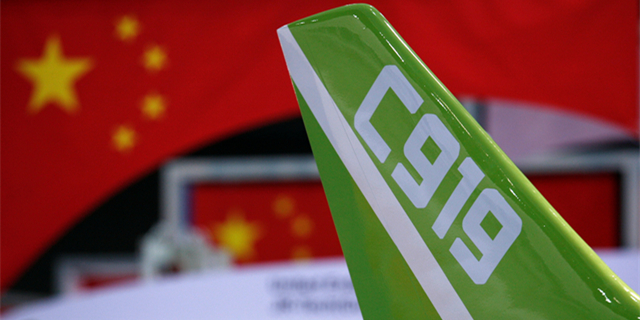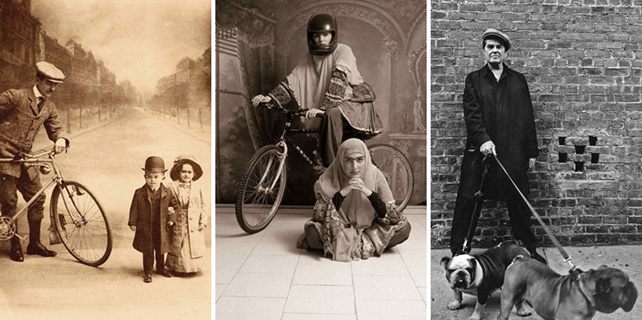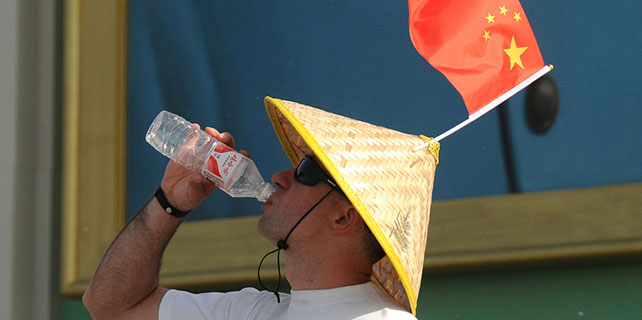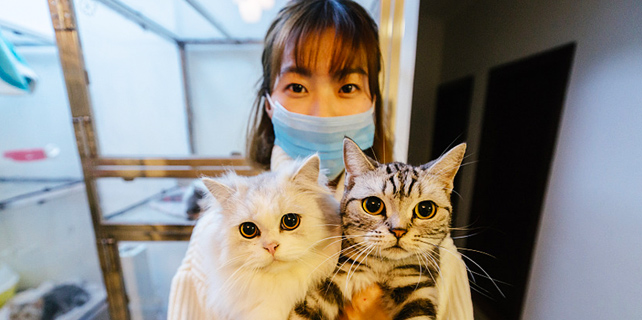Confucian legacy
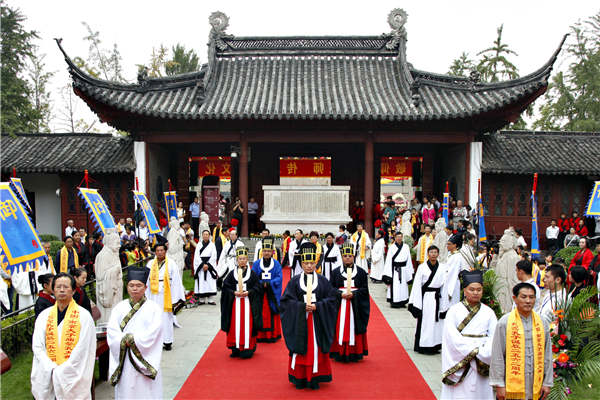 |
|
A ritual is staged at the Confucius Temple in Nanjing, Jiangsu province. QI ENZHI/FOR CHINA DAILY |
"When talking about better use of the sites, many will think of tourism first," she says.
"Tourism helps with the revival of the sites, but they are still places with a solemn atmosphere. People come to worship, not to have fun."
Scholars also fear that entertainment might take over the revival of such sites.
"Coming-of-age ceremonies and many other traditional rituals, for instance, are mushrooming among Confucian temples," says Zheng Yan, a professor at the Central Academy of Fine Arts.
"However, when practicing the ceremonies in a superficial way, even like performances, it is better to keep the appropriate yardsticks."
According to Yang Chaoming, head of the Confucius Research Institute of China, which is located in Qufu,more efforts are needed to explore in-depth cultural meanings of these rituals and avoid letting them become a commercial platform.
"As such places educate the youth, the temples should be open for free if conditions allow," he says.
Song Xinchao, deputy director of the State Administration of Cultural Heritage, says: "The best protection for the sites is to use them in the right way. Restoration of such sites is not only a construction project but academic research as well."
Song says the country should look to enlist more such sites on the World Heritage list.




